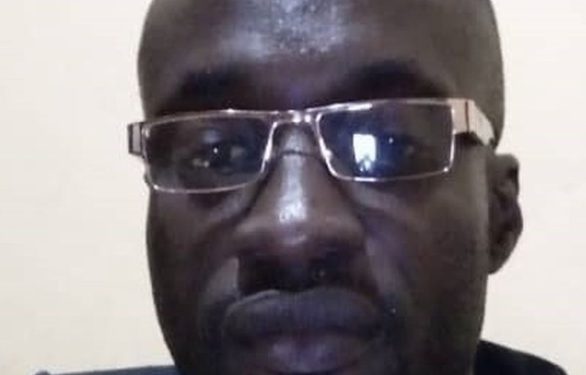By Mackie M. Jalloh
During a press briefing by the Ministry of Information and Civic Education on September 10, 2024, All Political Parties Association (APPA) Chairman, Prince Charles Ramond Coker, called for a shift in the political narrative that distinguishes parties by size. Coker, a 2023 presidential candidate, argued that the label “smaller party” undermines the efforts and contributions of all political entities, asserting that financial and logistical challenges are faced equally by all candidates, regardless of their party’s influence.
Coker pointed to historical elections, such as the pivotal 1996 race, where the APC, once a dominant force, finished third, illustrating how political influence can shift unexpectedly. He urged the public and political analysts to avoid defining parties as “big” or “small” and to recognize the evolving nature of political dynamics. Coker reiterated APPA’s dedication to promoting national peace and providing constructive opposition, affirming that internal disagreements within the association would be addressed through dialogue to maintain unity.
In support of Coker’s remarks, Olushogo A. David, Executive Secretary of the Political Parties Regulation Commission (PPRC), emphasized the significant role opposition parties play in advocating for citizens and contributing to national development. He pointed out that even without winning elections, these parties represent important constituencies and should engage constructively with the government to offer solutions.
Adding to the discussion, Kumba Favour Amara, National President of the Young Women in Governance Network, highlighted the need to implement the Political Party Act 2022. She specifically called for inclusivity measures outlined in Part 9, which focus on increasing participation from women, youth, and disabled individuals. Amara pushed for greater diversity in governance, stressing the importance of the “Not Too Young to Run” initiative in ensuring that underrepresented groups are given a voice in political decision-making.
As Sierra Leone’s political landscape continues to evolve, leaders are urging a more inclusive and equitable approach, rejecting outdated labels and fostering participation from all sectors of society.












